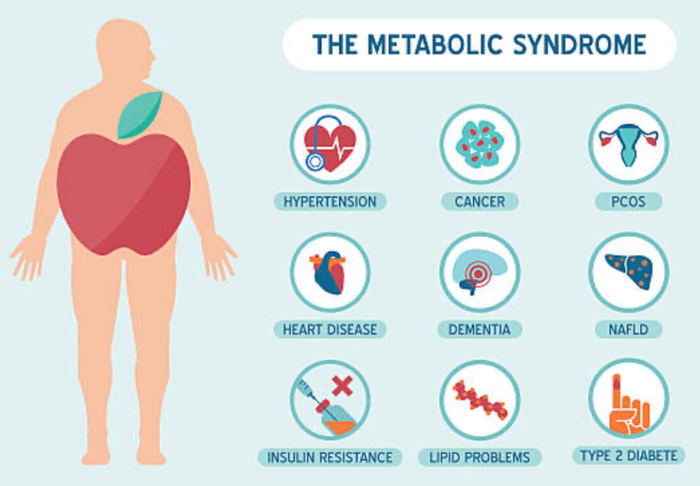Alcohol consumption has become deeply ingrained in our society, with many people enjoying it as a means of relaxation and socialising.
However, it is imperative to understand the negative impact that excessive alcohol intake can have on our health. Not only does it harm our liver function, insulin resistance, and contribute to weight gain and visceral fat accumulation, but it is also important to know how much is acceptable and how much is considered excessive.
When it comes to liver health, alcohol is a major culprit. The liver is responsible for metabolising alcohol, but excessive drinking can overwhelm its detoxification capacities. This can lead to a variety of liver diseases, such as fatty liver disease, alcoholic hepatitis, and ultimately, cirrhosis. It is crucial to note that these issues arise from the toxic effects of alcohol itself, rather than the calories it contains.
Another concerning aspect of excessive alcohol consumption is its impact on insulin resistance. Alcohol interferes with the body's ability to regulate glucose levels, leading to insulin resistance and increasing the risk of developing type 2 diabetes. The pancreas, responsible for producing insulin, struggles to keep up with the demand, resulting in further complications.
Weight gain and the accumulation of visceral fat are yet another consequence of excessive alcohol intake. Alcoholic beverages directly disrupt the body's metabolism. When we consume alcohol, our bodies prioritise its metabolism over other nutrients. This leads to the storage of excess carbohydrates and fats as adipose tissue, ultimately contributing to weight gain and the dangerous accumulation of visceral fat.
Determining how much alcohol is acceptable and how much is excessive is crucial for maintaining a healthy lifestyle. The Centers for Disease Control and Prevention (CDC) defines moderate alcohol consumption as up to one drink per day for women and up to two drinks per day for men. It is important to note that these are maximum limits, and are not guidelines for optimal health. Exceeding these limits can significantly increase the risk of health issues.
Excessive alcohol consumption is typically defined as binge drinking or heavy drinking. Binge drinking is consuming four or more drinks for women and five or more drinks for men within a two-hour period.
Heavy drinking is defined as consuming eight or more drinks per week for women and 15 or more drinks per week for men.
These levels of consumption put individuals at high risk for the negative health consequences associated with alcohol.
To maintain optimal health, it is recommended to adopt a more moderate approach and adhere to the guidelines provided by health organisations. By doing so, we can avoid the detrimental effects of excessive alcohol consumption on our health, liver function, insulin resistance, weight gain, and visceral fat accumulation.
In conclusion, excessive alcohol consumption poses significant risks to our health. And don’t kid yourself that drinking white spirits or low-calorie options are safe. All alcohol adversely affects liver function, insulin resistance, and contributes to weight gain and the accumulation of visceral fat. It is essential to understand the distinction between moderate and excessive alcohol consumption and to adhere to recommended guidelines to maintain a healthy lifestyle. By making informed choices, we can ensure our overall well-being and minimise the negative impact of alcohol on our bodies.




























